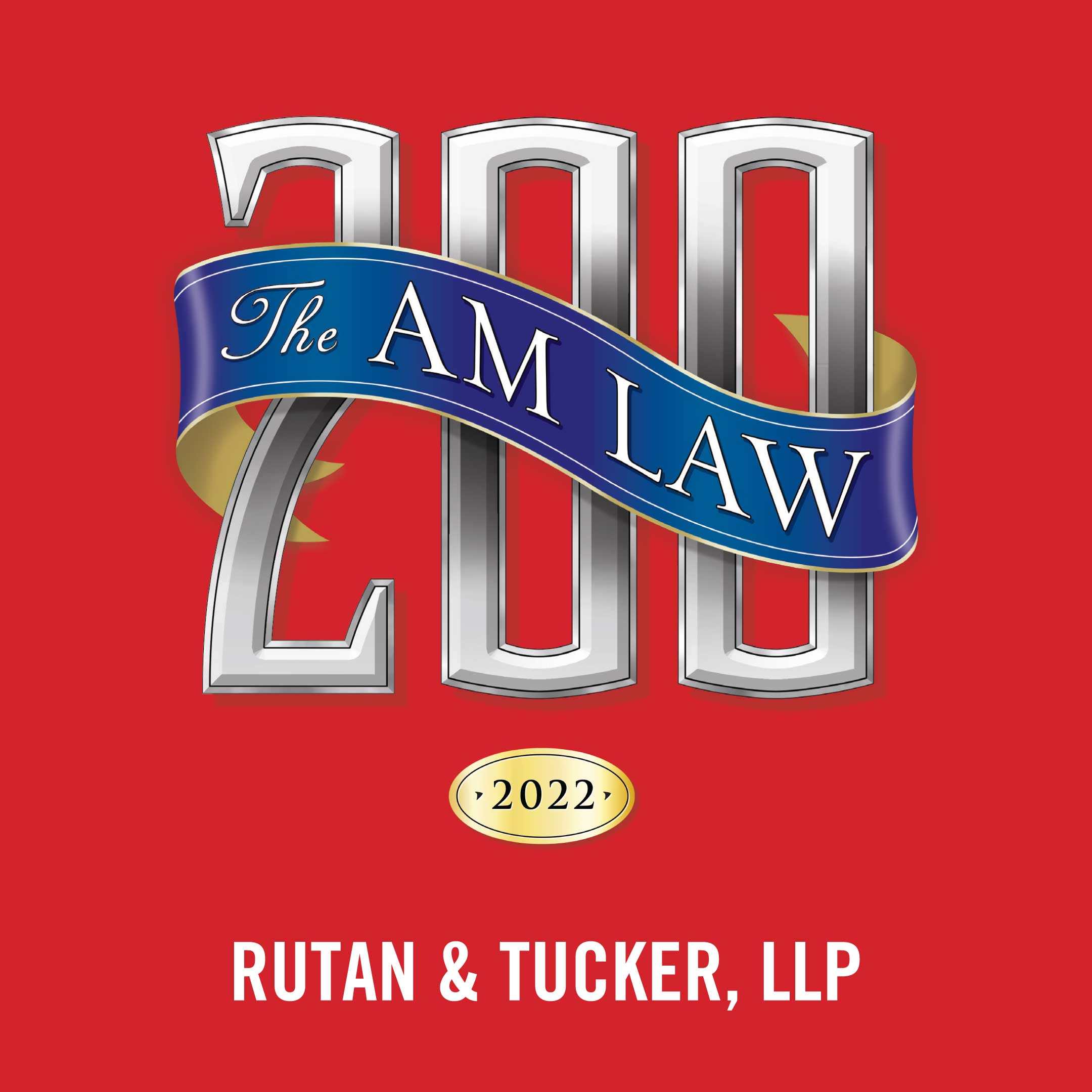Construction Associate Justine Kastan spoke to Constructive Dive about what money-related provisions should be in every construction agreement.
She said complete elimination of a contingent payment clause is unlikely but added that the general contractor could be amenable to modifications such as adding a backstop date for payment or giving the sub the right to stop work in the event of late payments.
Kastan noted that in her experience, most general contractors are willing to at least discuss reasonable requests in an effort to maintain good relationships with their subs.
Change orders are not simply documents that detail modifications to the work and alter the original contract price. These documents can change schedules and even modify terms of the original contract, so both subs and GCs need to examine them in detail before signing.
And, according to Kastan, general contractors and subs want to shoot for the broadest possible change order clause, with the ability to be fully compensated for time, costs and profit for any work added to the original scope. Change order clauses in both owner-GC and GC-sub contracts usually end up being crafted more narrowly than that, but as a contractor, “that’s where you’re trying to go,” she said.



